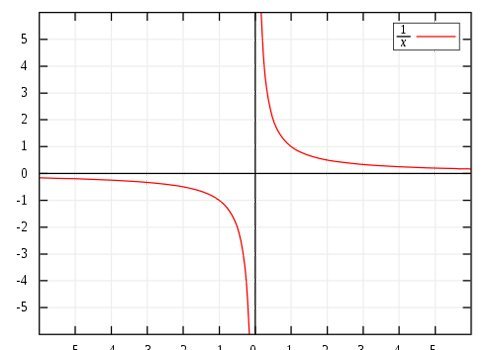Reading time: Less than 1 minute
Increase your vocabulary and you’ll make your writing much more precise. That’s why I provide a word of the week. Today’s word: asymptote…
I am drawn to stories on the coronavirus the way some people are drawn to car accidents.
Whenever I pass a car accident, I look away. I have no desire to view the blood or the mangled car — or, much worse, human — bodies. How I wish I could say the same about coronavirus stories. When I see them, my eyes are drawn as if I were a child spotting a favourite chocolate bar.
One recent, heartbreaking story I read in the April 27/20 New Yorker ran under the headline, “A new doctor faces the coronavirus in Queens.” Written by Rivka Galchen, it tells the story of a 29-year-old doctor who has been working at East Harlem’s Mount Sinai Hospital for nine months.
The story is shocking in terms of the crisis it describes facing doctors and patients in New York — and, by extension, other big US cities. (Read it only if you are feeling strong right now.) It also gave me my word of the week, asymptote. Here is how Galchen used it:
So many patients were in the E.R. that a resident was assigned to walk around checking their oxygen levels, to make sure that they weren’t crashing. This job had never existed before. “I thought the volume could not be worse,” Zikry said. “I thought we had reached an asymptote. We have superseded that. The other day, we had thirty-one intubated patients in our E.R., which is twenty-eight to thirty-one more than normal.”
An asymptote is a term from analytic geometry, showing the distance between the curve and the line approaching zero as one or both of the x or y coordinates tends to infinity. In projective geometry it is a line that is tangent to the curve at the point of infinity.
I became a writer so I wouldn’t have to bend my brain to understand concepts like this one, so I asked my husband — a sciences guy — to translate the meaning from the story. Here is what he said: “doctors would have assumed that there would be a limit on the total number of patients. This is what he meant by an asymptote.”
Asymptote comes from the Greek ἀσύμπτωτος (asumptōtos) meaning “not falling together.”


